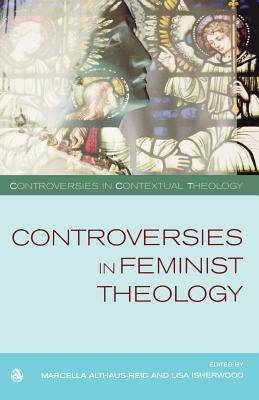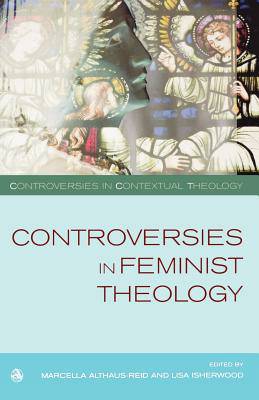
- Afhalen na 1 uur in een winkel met voorraad
- Gratis thuislevering in België vanaf € 30
- Ruim aanbod met 7 miljoen producten
- Afhalen na 1 uur in een winkel met voorraad
- Gratis thuislevering in België vanaf € 30
- Ruim aanbod met 7 miljoen producten
Zoeken
Omschrijving
Controversies in Feminist Theologies is a clear and accessible analysis of the current controversies within feminist theologies. It uses many of the themes of systematic theology to examine whether feminist theology has a future or whether its discourse and praxis has become bankrupt. The authors expand this question through an examination of whether the whole project of systematic theology has become outmoded. The book is the first to expose the myth of homogeneity and some of the common stereotypes and myths surrounding Feminist Theologies, from a methodological and thematic perspective. It addresses current stereotypes built around North Atlantic and Third World feminist theology, including issues concerning Mariology, the use of the Bible and the centrality of women's experiences in feminist praxis, while highlighting the richness of different and at times opposite positions in the debates of theology, gender and sexuality.
Specificaties
Betrokkenen
- Auteur(s):
- Uitgeverij:
Inhoud
- Aantal bladzijden:
- 156
- Taal:
- Engels
- Reeks:
Eigenschappen
- Productcode (EAN):
- 9780334040507
- Verschijningsdatum:
- 29/06/2007
- Uitvoering:
- Paperback
- Formaat:
- Trade paperback (VS)
- Afmetingen:
- 140 mm x 214 mm
- Gewicht:
- 172 g

Alleen bij Standaard Boekhandel
+ 99 punten op je klantenkaart van Standaard Boekhandel
Beoordelingen
We publiceren alleen reviews die voldoen aan de voorwaarden voor reviews. Bekijk onze voorwaarden voor reviews.











